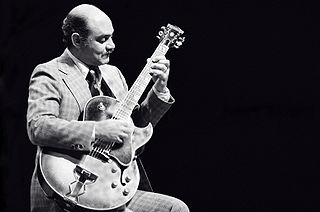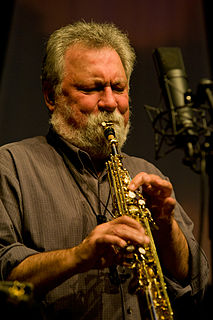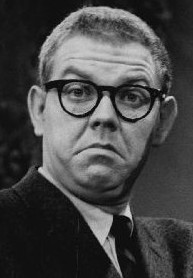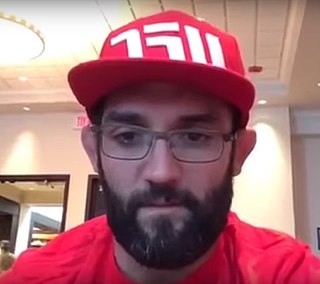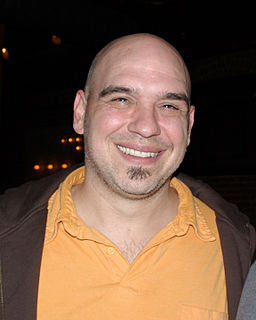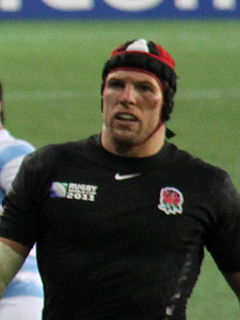A Quote by Jerry Garcia
In reality everybody has got musical thoughts. If you are able to overcome the part of it which is muscle training, which is what most musical playing actually is, performance actually is, is muscle training, and you are able to convert your ideas directly into music, you're a musician, too.
Related Quotes
You can't think and play. If you think about what you're playing the playing becomes stilted. You have to just focus on the music I feel, concenctrate on the music, focus on what you're playing and let the playing come out. Once you start thinking about doing this or doing that, it's not good. What you are doing is like a language. You have a whole collection of musical ideas and thoughts that you've accumulated through your musical history plus all the musical history of the whole world and it's all in your subconscious and you draw upon it when you play
I'm training at Phase 1 Sports in Las Vegas, and it's a very high-end training facility for a lot of top-level athletes. I have been able to add a lot of power and the endurance to keep that power going. I've always been powerful, but the muscle conditioning I've been able to add has been a tremendous amount of help.
All musicians practice ear training constantly, whether or not they are cognizant of it. If, when listening to a piece of music, a musician is envisioning how to play it or is trying to play along, that musician is using his or her 'ear' - the understanding and recognition of musical elements - for guidance.


